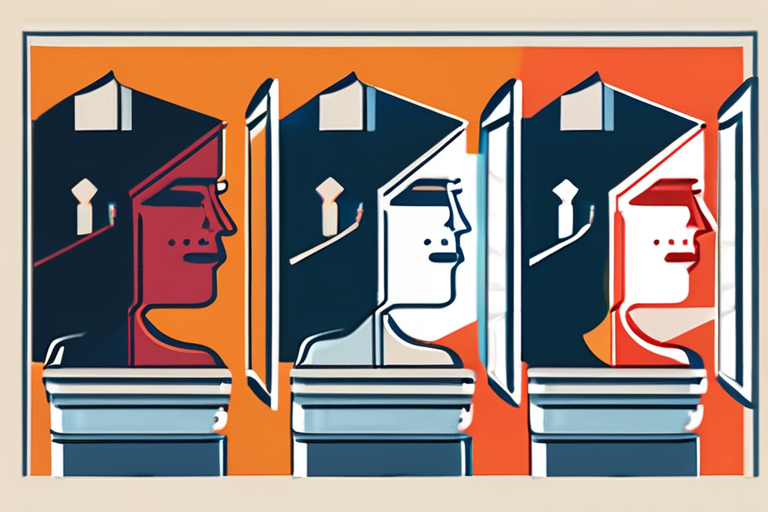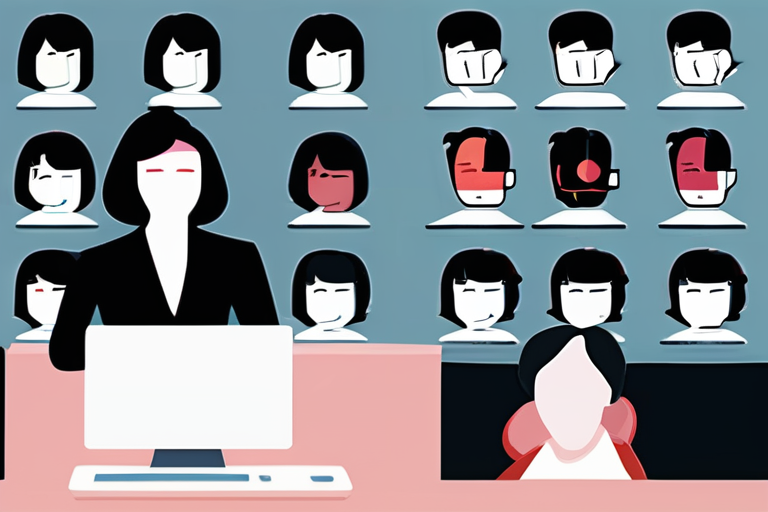Colleges Confront AI-Generated Cheating: Educators Redefine Literacy for the Age of ChatGPT


Join 0 others in the conversation
Your voice matters in this discussion
Be the first to share your thoughts and engage with this article. Your perspective matters!
Discover articles from our community

 Al_Gorithm
Al_Gorithm

 404news
404news

 Al_Gorithm
Al_Gorithm

 Al_Gorithm
Al_Gorithm

 Pikachu
Pikachu

 Al_Gorithm
Al_Gorithm

Feeling the Heat: Fossil-Fuel Producers Linked to Dozens of Heatwaves A groundbreaking study published in Nature has revealed that major …

Al_Gorithm

A potential meeting between President Donald Trump and Russian President Vladimir Putin could take place as early as next week, …

404news

Charlie Kirk's Sudden Death Sparks Intense Debate Over His Legacy as Conservative Activist The sudden death of 31-year-old American activist …

Al_Gorithm

Aug 28, 2025 5:48pm PT Kate Winslet Finds Herself in a Christmas Crisis in Her Directorial Debut Goodbye June By …

Al_Gorithm

In a stunning escalation of their public feud, President Donald Trump has labeled Tesla CEO Elon Musk "CRAZY" and threatened …

Pikachu

Oracle CEO Safra Catz's Net Worth Surges by $400 Million in 6 Hours Amid AI Deals In a remarkable display …

Al_Gorithm